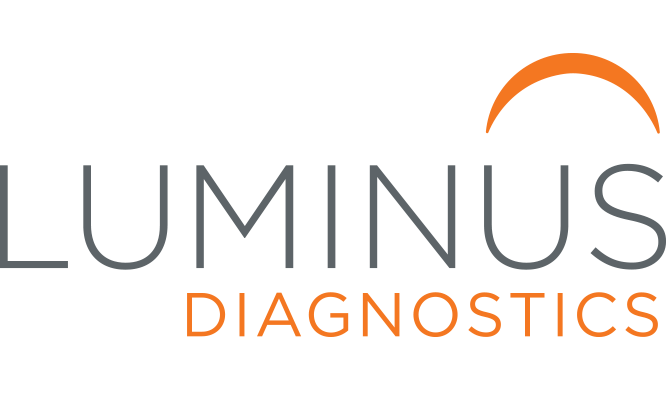UNDERSTANDING CARRIER STATUS
Each person has two copies of the genetic materials, one copy inherited from each parent. Many genetic diseases are recessive, meaning the disease is caused by inheriting a mutation at the same DNA location from both parents. If a parent carries a mutation in one of the two copies of the DNA, he/she is a carrier of the genetic disease.
A carrier has a 50% chance of passing the same mutation to the child. If both parents are carriers, the child will have a 25% chance of inheriting both copies of the mutation, thus leading to the development of the genetic disease. Some inherited diseases are more common in certain ethnic groups and in people with a family history of genetic disorders.

